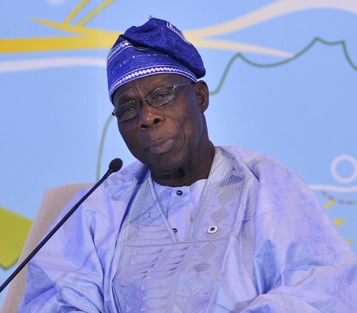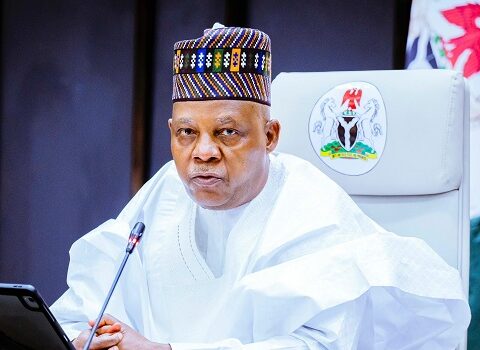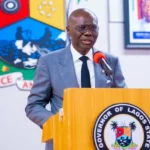What may appear to the casual observer as a devotional calendar is, in practice, a sophisticated socio-economic ecosystem. At peak moments, pilgrims arrive not merely in the hundreds of thousands, but by some accounts, in the millions. Entire value chains surge into motion food sellers, transport operators, fuel stations, accommodation providers, and vendors of everything from bottled water to mattresses. Digital audiences multiply the event’s reach, while public authorities manage vast flows of people, money, and influence.
The City Within a City. Redemption City is not a weekend retreat, it is an urban organism with purpose-built accommodation, eateries, transportation hubs, medical stations, and a functioning micro-economy. During major events, local demand for goods and services spikes sharply food, drink, transport, fuel, lodging, security, and retail all experiencing predictable booms. For Ogun State, these gatherings bring measurable economic opportunity, hotels fill, buses and taxis run back-to-back, roadside vendors compress weeks of sales into days, and public utilities contend with extraordinary usage.
Tourism, Faith, and Trade. Research into faith-based tourism confirms what local traders already know such events stimulate commerce, create jobs, and attract secondary investment. Yet they also bring strains, environmental pressures, traffic congestion, and the need for robust waste management and health services. Smart governance means capturing the upside taxable activities, employment, infrastructure upgrades while mitigating the downsides through coordinated permits, emergency preparedness, and vendor regulation.
The Digital Multiplier. These gatherings transcend geography. Live-streaming on YouTube, Facebook, and other platforms turns Redemption City into a global stage. This virtual congregation generates its own economy remote donations, promotional partnerships, and reputational capital for Ogun State. The global footprint can be leveraged by tourism boards, investment promotion agencies, and even diaspora networks.
From Short-Term Gains to Long-Term Strategy. The immediate benefits are clear, bustling markets, full lodgings, more transport fares, and temporary jobs. Medium-term, the ripple effects encourage new guest houses, restaurants, and retail expansion. But these benefits cluster near the camp, risking uneven distribution. Strategic interventions local procurement rules, vendor zoning, and skills development can ensure the wealth radiates beyond Redemption City’s borders.
A mass-attended, globally streamed religious event is not just a faith milestone, it is a form of soft power. For Ogun State, it is a platform to attract tourism, investment, and cultural exchange. But symbolic prestige must be tied to measurable public value better infrastructure, formalized vendor economies, and sustainable urban planning.
The question is no longer whether these gatherings have economic impact they do, and it is vast but whether government, business, and civil society can transform them from sporadic windfalls into engines of inclusive, sustained development.
The Holy Ghost Nights and conventions are mirrors, they reflect both the spiritual hunger of a people and the capacity or incapacity of a state to convert human movement into shared prosperity.
Adebamiwa Olugbenga Michael



























